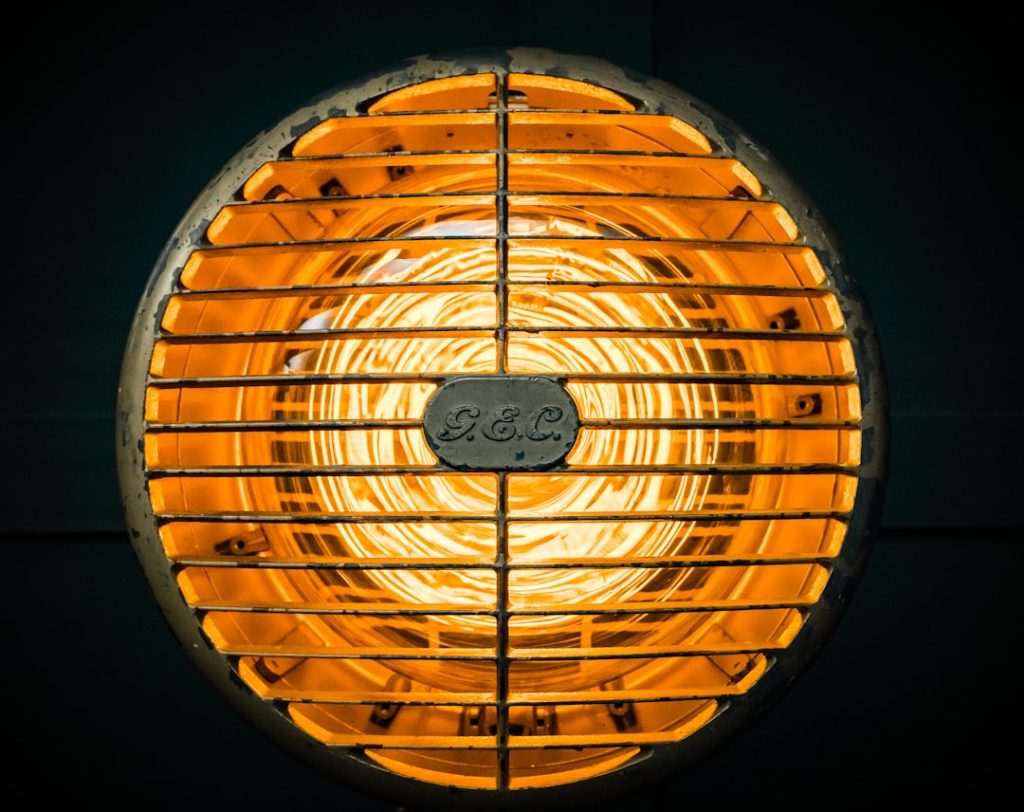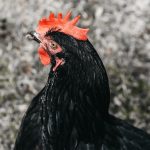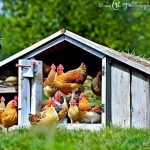Raising chickens outdoors presents unique challenges, particularly during colder seasons. Outdoor chickens have specific requirements to maintain their health and comfort in varying weather conditions. While chickens are naturally resilient to cold temperatures, they still need appropriate care and accommodations to thrive.
Key considerations for outdoor chicken care include:
1. Shelter: A warm, dry coop is essential to protect chickens from harsh weather elements. 2.
Ventilation: Proper airflow prevents moisture buildup while maintaining warmth. 3. Insulation: Adequate insulation helps regulate coop temperature and prevents drafts.
4. Fresh water: Ensuring constant access to unfrozen water is crucial for hydration. 5.
Nutritious food: A balanced diet helps chickens maintain body heat and energy levels. 6. Temperature regulation: Monitoring and adjusting coop conditions as needed.
Outdoor chickens face different challenges compared to their indoor counterparts. Owners must be aware of these distinctions and adapt their care practices accordingly. By addressing these specific needs, chicken keepers can ensure their flocks remain healthy and comfortable throughout the year, especially during colder months.
Understanding and implementing proper outdoor chicken care practices is vital for maintaining a thriving flock. This includes providing appropriate shelter, nutrition, and environmental conditions tailored to the unique requirements of outdoor chickens.
Table of Contents
- 1 Providing proper shelter and insulation
- 2 Using heat lamps and heating pads
- 3 Ensuring proper ventilation
- 4 Providing warm bedding and nesting materials
- 5 Offering warm water and nutritious food
- 6 Monitoring and adjusting for temperature changes
- 7 FAQs
- 7.1 What are the best ways to keep outdoor chickens warm?
- 7.2 How can I insulate my chicken coop to keep it warm?
- 7.3 Is it safe to use heat lamps or heated pads for outdoor chickens?
- 7.4 How can I ensure good ventilation in the chicken coop while keeping it warm?
- 7.5 What are some signs that my outdoor chickens are too cold?
Key Takeaways
- Outdoor chickens have specific needs for shelter, warmth, and food to thrive in colder climates
- Proper shelter and insulation are essential to protect chickens from harsh weather conditions
- Heat lamps and heating pads can be used to provide additional warmth during cold weather
- Proper ventilation is crucial to prevent moisture buildup and maintain air quality in the chicken coop
- Warm bedding and nesting materials help chickens stay comfortable and insulated during colder months
- Offering warm water and nutritious food is important for maintaining chickens’ health and energy in cold weather
- Regular monitoring and adjustments are necessary to ensure chickens are comfortable and safe in fluctuating temperatures
Providing proper shelter and insulation
Insulation and Ventilation
Insulation can be added to the walls, ceiling, and floor of the coop to help retain heat and prevent drafts. Additionally, ensuring that the coop is free from leaks and drafts is essential in maintaining a warm and dry environment for the chickens. Providing proper shelter also means ensuring that the coop is well-ventilated to prevent moisture buildup, which can lead to respiratory issues in chickens.
The Importance of a Well-Insulated Coop
When it comes to providing proper shelter for outdoor chickens, insulation is key in maintaining a warm and comfortable environment. Insulating the walls, ceiling, and floor of the coop can help retain heat and prevent drafts, keeping the chickens cozy during cold weather.
Preventing Leaks and Drafts
Proper shelter also means keeping the coop free from leaks and drafts, as these can compromise the warmth and comfort of the flock. By taking the necessary steps to provide a well-insulated and ventilated shelter, chicken owners can ensure that their flock remains healthy and comfortable during the winter months.
Using heat lamps and heating pads
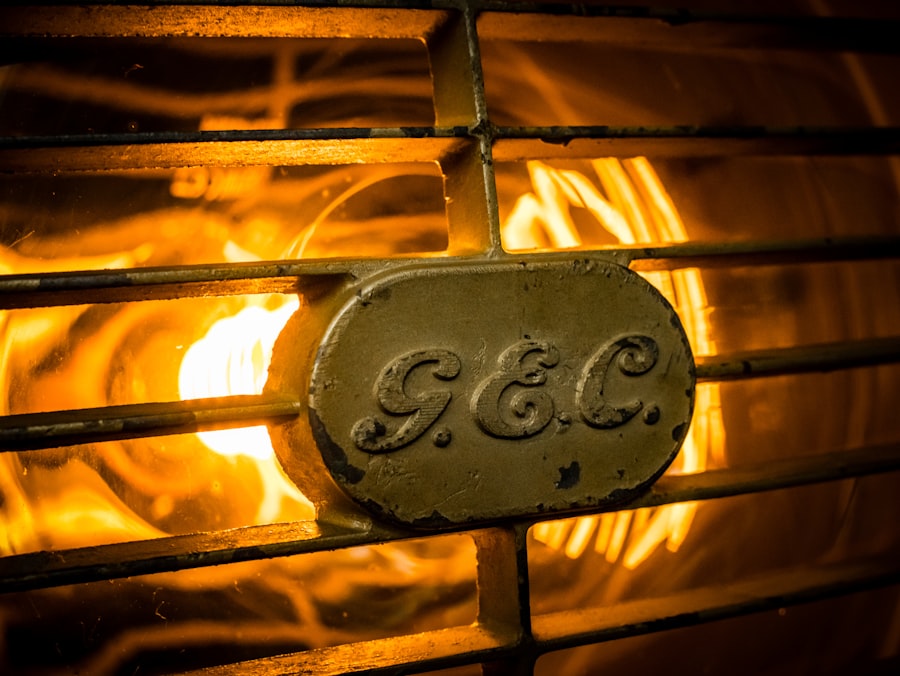
In colder climates, heat lamps and heating pads can be used to provide additional warmth for outdoor chickens. Heat lamps can be installed in the coop to provide a source of heat, especially during particularly cold nights. Heating pads can also be placed under nesting boxes or in specific areas of the coop to give chickens a warm place to rest.
It’s important to use these heating sources with caution, as they can pose fire hazards if not properly installed and monitored. Additionally, it’s crucial to provide enough space for chickens to move away from the heat source if they become too warm. By using heat lamps and heating pads responsibly, chicken owners can help their flock stay warm and comfortable during the winter.
In colder climates, heat lamps and heating pads can be valuable tools in providing additional warmth for outdoor chickens. Heat lamps can be installed in the coop to provide a source of heat during cold nights, while heating pads can be placed under nesting boxes or in specific areas of the coop to give chickens a warm place to rest. However, it’s important to use these heating sources with caution, as they can pose fire hazards if not properly installed and monitored.
Additionally, providing enough space for chickens to move away from the heat source if they become too warm is crucial in ensuring their safety. By using heat lamps and heating pads responsibly, chicken owners can help their flock stay warm and comfortable throughout the winter.
Ensuring proper ventilation
Proper ventilation is essential in maintaining a healthy environment for outdoor chickens during the winter months. While it’s important to keep the coop insulated to retain heat, it’s equally crucial to ensure that there is adequate airflow to prevent moisture buildup. Moisture can lead to respiratory issues in chickens, so it’s important to strike a balance between insulation and ventilation.
Ventilation openings should be positioned high up in the coop to allow for air circulation without creating drafts at ground level where the chickens roost. By ensuring proper ventilation, chicken owners can help prevent respiratory issues and maintain a comfortable environment for their flock. Proper ventilation is crucial for outdoor chicken coops, especially during the winter months.
While it’s important to keep the coop insulated to retain heat, it’s equally important to ensure that there is adequate airflow to prevent moisture buildup. Moisture can lead to respiratory issues in chickens, so it’s essential to strike a balance between insulation and ventilation. Ventilation openings should be positioned high up in the coop to allow for air circulation without creating drafts at ground level where the chickens roost.
By ensuring proper ventilation, chicken owners can help prevent respiratory issues and maintain a healthy environment for their flock.
Providing warm bedding and nesting materials
During colder months, providing warm bedding and nesting materials is essential for outdoor chickens to stay comfortable and retain body heat. Straw or wood shavings can be used as bedding material in nesting boxes and on the coop floor to provide insulation and warmth for the chickens. Additionally, ensuring that nesting boxes are filled with clean and dry bedding can encourage hens to lay eggs in a warm and comfortable environment.
By providing warm bedding and nesting materials, chicken owners can help their flock stay cozy during the winter months. Providing warm bedding and nesting materials is crucial for outdoor chickens during colder months. Straw or wood shavings can be used as bedding material in nesting boxes and on the coop floor to provide insulation and warmth for the chickens.
Additionally, ensuring that nesting boxes are filled with clean and dry bedding can encourage hens to lay eggs in a warm and comfortable environment. By providing warm bedding and nesting materials, chicken owners can help their flock stay cozy throughout the winter.
Offering warm water and nutritious food
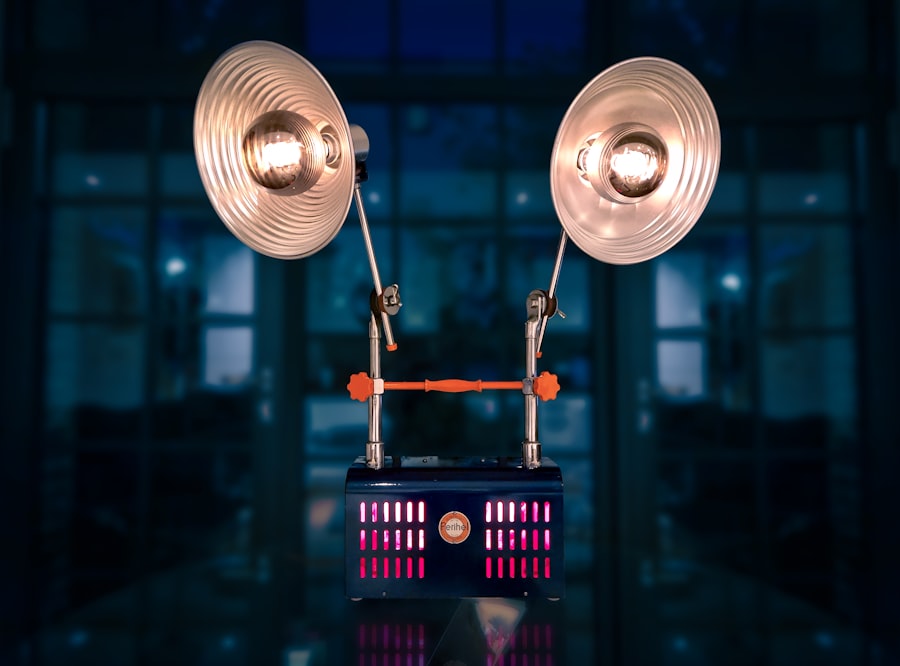
Providing High-Quality Feed
Chickens require more energy to stay warm in cold weather, so providing them with high-quality feed is crucial for maintaining their health and body heat.
Ensuring Access to Unfrozen Water
Using heated waterers or regularly replacing frozen water with fresh warm water can help ensure that chickens have access to water at all times.
Keeping Chickens Healthy and Energized
By offering warm water and nutritious food, chicken owners can help their flock stay healthy and energized throughout the winter.
Monitoring and adjusting for temperature changes
Monitoring temperature changes in the coop is crucial for ensuring that outdoor chickens remain comfortable during fluctuating weather conditions. Using a thermometer inside the coop can help chicken owners keep track of temperature changes and make adjustments as needed. If temperatures drop significantly, additional heating sources or insulation may be necessary to keep the coop warm.
On milder days, it may be necessary to adjust ventilation openings to prevent overheating. By monitoring temperature changes and making adjustments accordingly, chicken owners can ensure that their flock remains comfortable throughout the winter. Monitoring temperature changes in the coop is crucial for ensuring that outdoor chickens remain comfortable during fluctuating weather conditions.
Using a thermometer inside the coop can help chicken owners keep track of temperature changes and make adjustments as needed. If temperatures drop significantly, additional heating sources or insulation may be necessary to keep the coop warm. On milder days, it may be necessary to adjust ventilation openings to prevent overheating.
By monitoring temperature changes and making adjustments accordingly, chicken owners can ensure that their flock remains comfortable throughout the winter. In conclusion, understanding the specific needs of outdoor chickens during colder months is essential for providing them with proper care and ensuring their well-being. From providing a warm shelter with proper insulation and ventilation to offering warm bedding, nutritious food, and access to fresh water, there are several key factors that contribute to keeping outdoor chickens comfortable during winter.
By monitoring temperature changes and making adjustments as needed, chicken owners can ensure that their flock remains healthy and happy throughout the colder months. With proper care and attention to their specific needs, outdoor chickens can thrive even in chilly weather conditions.
If you’re looking for more information on keeping chickens warm in the winter, you might also be interested in this article on how to properly insulate a chicken coop. It offers helpful tips and advice on keeping your outdoor chickens comfortable and safe during the colder months.
FAQs
What are the best ways to keep outdoor chickens warm?
Some effective ways to keep outdoor chickens warm include providing a well-insulated coop, using heat lamps or heated pads, and ensuring good ventilation while blocking drafts.
How can I insulate my chicken coop to keep it warm?
You can insulate your chicken coop by using materials such as straw, hay, or wood shavings on the floor, adding insulation to the walls and ceiling, and sealing any gaps or cracks to prevent drafts.
Is it safe to use heat lamps or heated pads for outdoor chickens?
Yes, it is safe to use heat lamps or heated pads for outdoor chickens as long as they are installed properly and used according to the manufacturer’s instructions. It’s important to monitor the temperature and ensure that the chickens cannot come into direct contact with the heat source.
How can I ensure good ventilation in the chicken coop while keeping it warm?
You can ensure good ventilation in the chicken coop by installing adjustable vents, using windows with screens, and positioning the coop to take advantage of natural airflow. This helps to remove moisture and prevent the buildup of harmful gases while maintaining a comfortable temperature for the chickens.
What are some signs that my outdoor chickens are too cold?
Signs that your outdoor chickens are too cold include huddling together, shivering, decreased egg production, and pale combs and wattles. It’s important to monitor your chickens regularly and make adjustments to their environment as needed to keep them comfortable and healthy.
Meet Walter, the feathered-friend fanatic of Florida! Nestled in the sunshine state, Walter struts through life with his feathered companions, clucking his way to happiness. With a coop that’s fancier than a five-star hotel, he’s the Don Juan of the chicken world. When he’s not teaching his hens to do the cha-cha, you’ll find him in a heated debate with his prized rooster, Sir Clucks-a-Lot. Walter’s poultry passion is no yolk; he’s the sunny-side-up guy you never knew you needed in your flock of friends!

